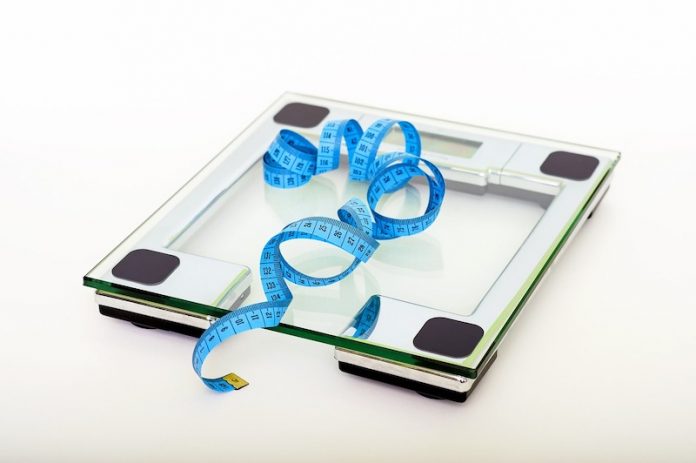
It is known that a well-designed diet and regular exercises can help you lose body weight.
But there are many myths and misunderstandings that people believe regarding weight loss over the years.
Researchers from Tufts University list even common myths about weight loss they hope everyone knows.
Myth 1: Small sustained changes in energy intake or expenditure, in the long run, can cause large, long-term weight changes.
But as the body weight changes, your energy requirements may change, too.
For example, if you keep walking the same amount every day, your body can adjust and you may not lose much weight in the long run.
To lose more weight, you may need to walking further or reduce energy intake.
Myth 2: Setting realistic goals for weight loss is important, and ambitious goals cannot help.
Although this sounds reasonable, there is no scientific support for it.
In fact, many studies have found that more ambitious weight loss goals may be linked to better weight loss outcomes.
Myth 3: Large, rapid weight loss is linked to poorer long-term weight-loss outcomes.
Research has shown that bigger initial weight loss is linked to lower body weight at the end of long term follow-up.
But this does not mean starving yourself or following a fad diet is a healthy way to lose weight.
It is still not clear why some people lose more weight initially than others. Future research needs to find out.
Myth 4: It is important to find the stage of change or diet readiness in order to help people need to lose weight.
But recent research has shown that the degree of readiness does not always predict the amount of weight loss.
Researchers suggest that if you are overweight, there is no time like the present to begin your effort to lose weight.
Myth 5: Physical-education classes can play an important role in reducing or preventing childhood obesity.
Unfortunately, many schools are reducing their physical education programs to make room for more academic time.
It is true that fresh air and exercise may have many benefits for children, but the gym classes, in their current form, do not help kids achieve a healthy weight.
Myth 6: Breastfeeding can help protect against obesity.
There are many potential benefits of breastfeeding for mother and infant, but the best research does not suggest an anti-obesity effect for children later in childhood.
Myth 7: Sexual activity can help you lose weight.
According to research, sexual activity is not an aerobic activity and not a good calorie burner.
A better estimate of energy expenditure during sexual intercourse appears to be closer to only 20 kcal.
Copyright © 2019 Knowridge Science Report. All rights reserved.



